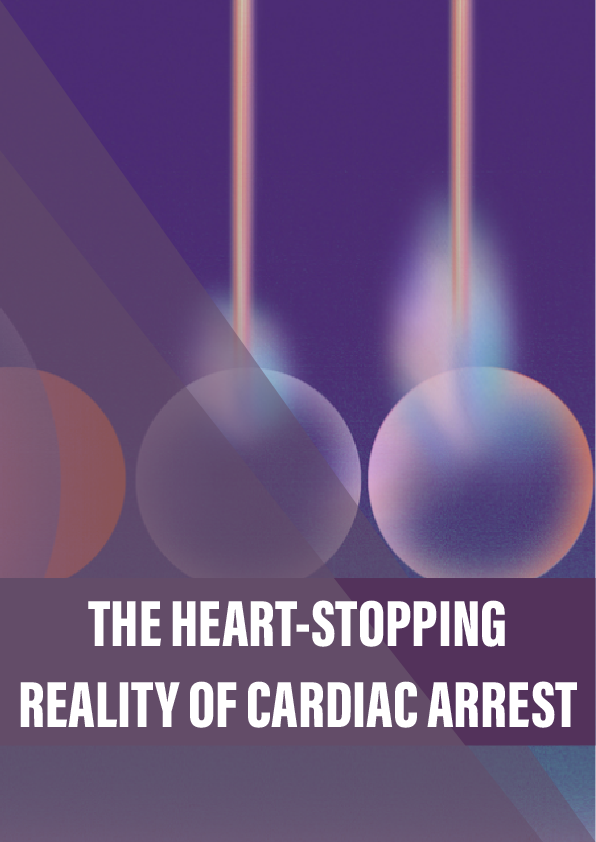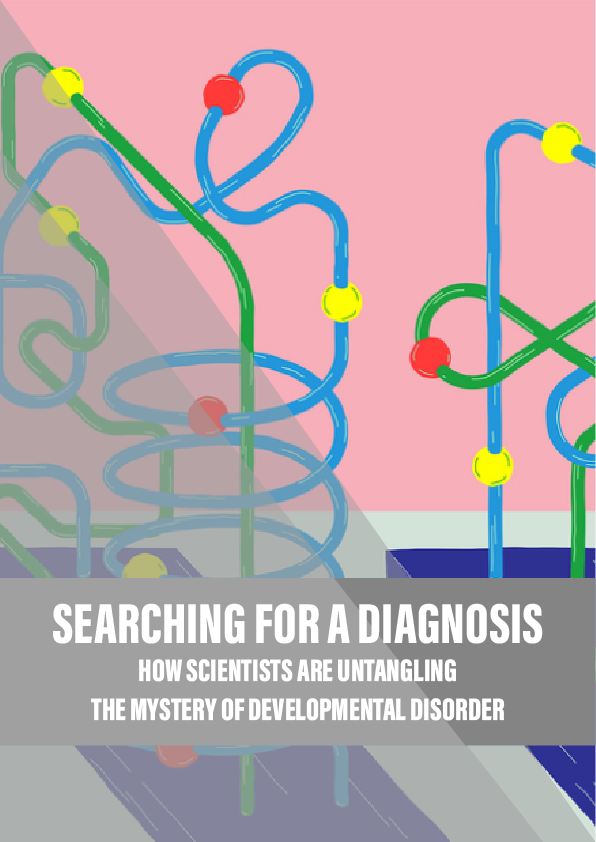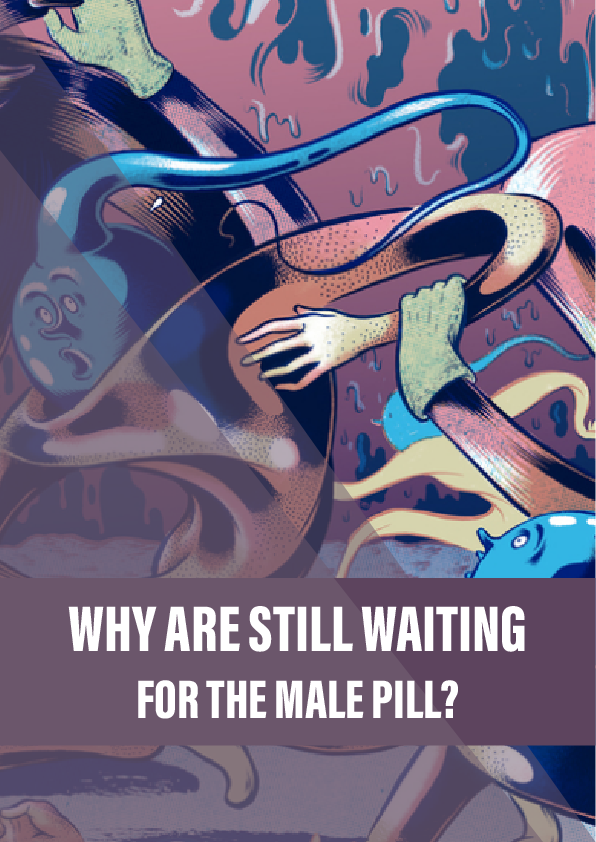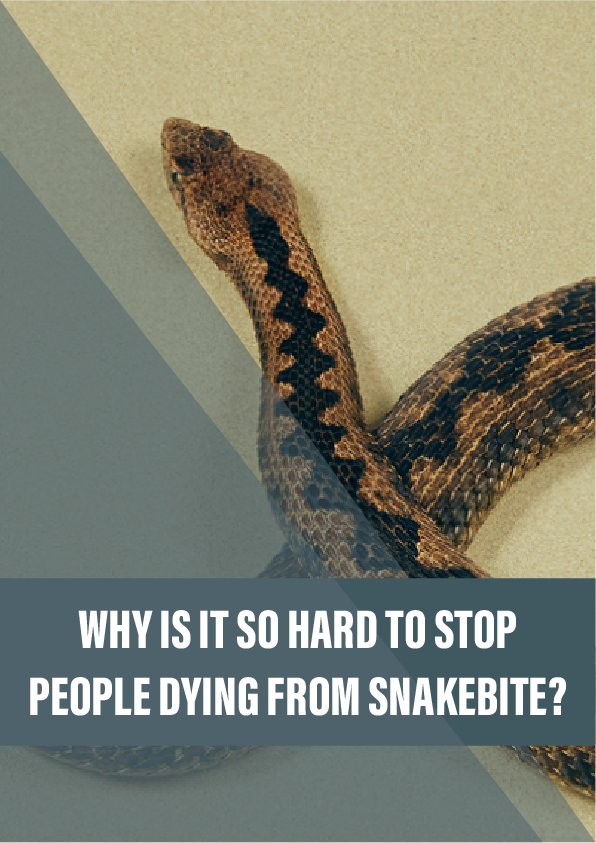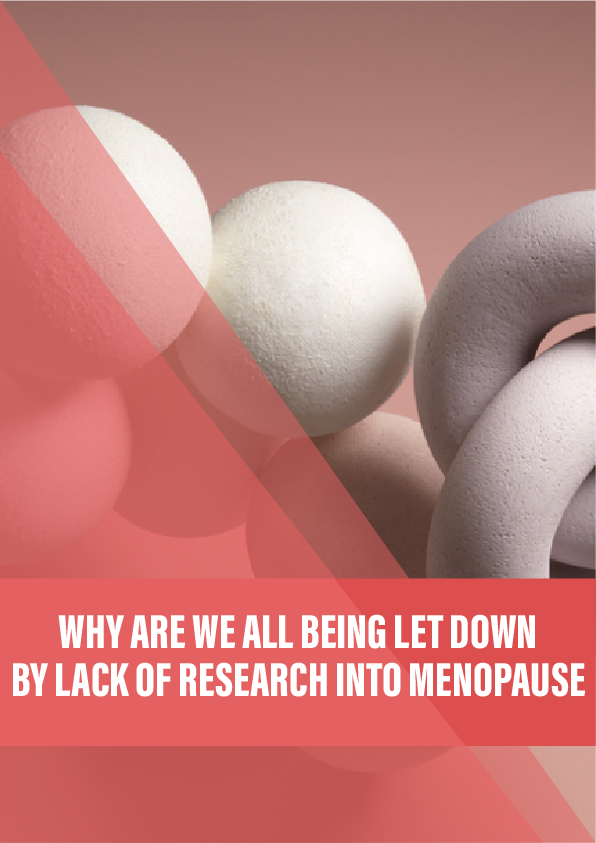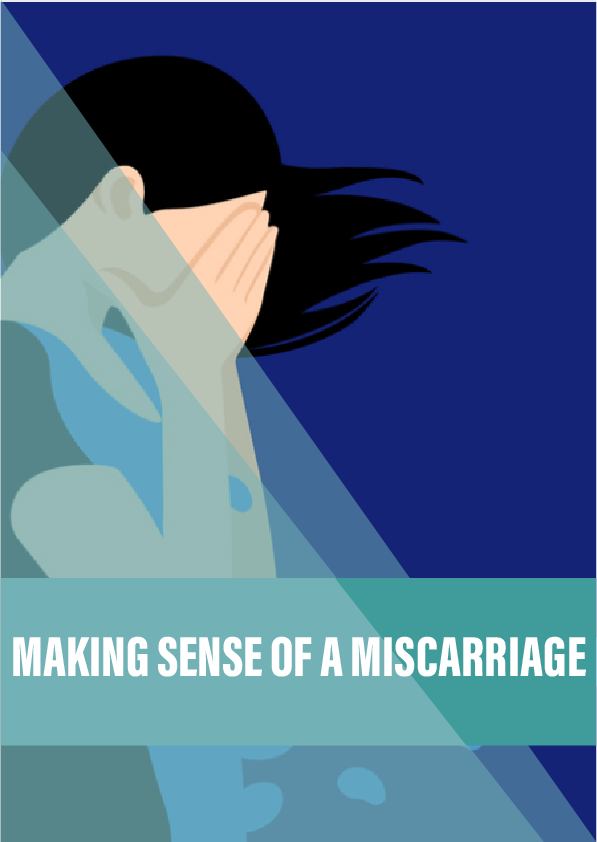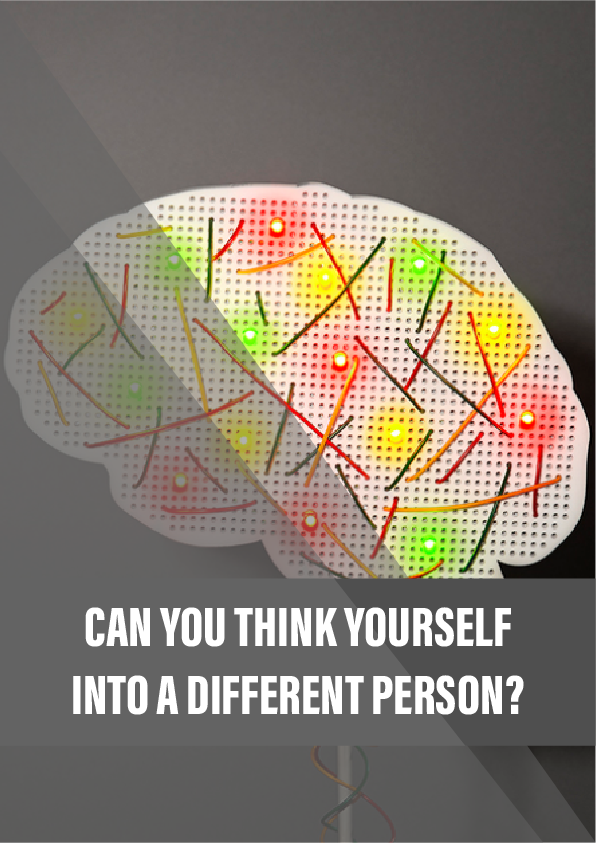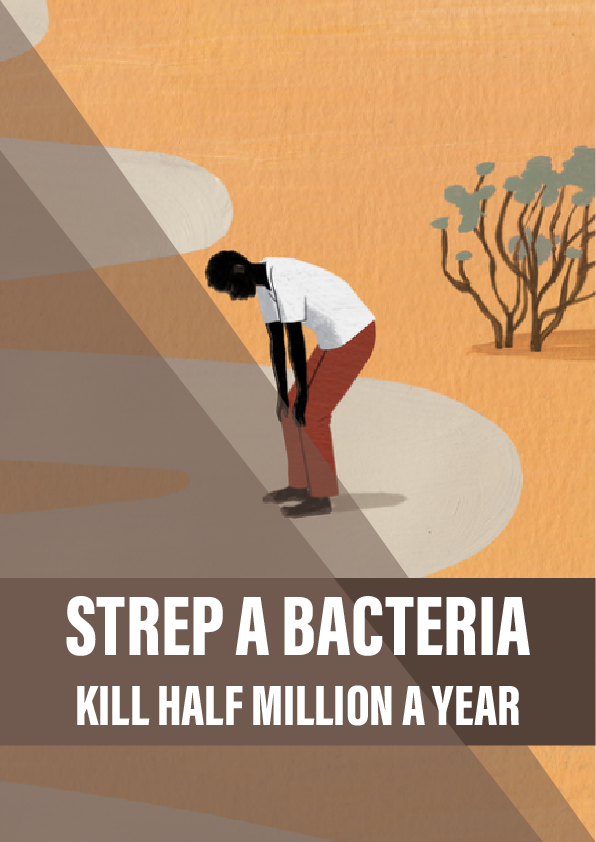“Wherever you are, you run.” The next cardiac arrest could strike a patient dozing in their hospital bed, lying in the catheterisation lab or walking down some hallway in between.
One time, Amy Dahart – an intensive care unit nurse at Mary Washington Hospital in Virginia – was part of a cardiac arrest team in a freight elevator, moving a patient from a general ward to the ICU, when the man’s heart stopped. Dahart recounts how another nurse “just launched right up onto that bed, straddled the guy, and started doing compressions… we wheeled him right into the ICU, right through the doors without missing a beat”.
When a cardiac arrest happens, says cardiologist Brahmajee Nallamothu, “that individual automatically becomes the sickest person in the whole hospital”.
Each year millions of people worldwide will suffer an arrest, their hearts abruptly ceasing to beat. Many of these arrests happen in hospital – in the US, roughly one-third – and yet little attention has focused on how to improve treatment of these. A review of 92 randomised controlled studies conducted worldwide, most of them outside of the US, found that just 11 covered the treatment of in-hospital arrests.
Nallamothu, who practises at the University of Michigan, is part of a cohort of cardiologists and other researchers that are trying to dig into the nuts and bolts of in-hospital arrests, in large part to solve an unsettling conundrum. For years now, the science of how to bring someone back from essentially the dead hasn’t changed much: chest compressions, an electrical jolt from a defibrillator if the heart rhythm is considered shockable, making sure the patient is on a ventilator or has some breathing assistance, along with administering fluids and a few key drugs.
So why is a patient’s chance of surviving at some hospitals, such as the one where Dahart works, significantly higher than at others?
“That’s what’s troubling,” says Paul Chan, a leading cardiac arrest researcher at Saint Luke’s Mid America Heart Institute, Kansas City, who works closely with Nallamothu. “That’s what gives people the head-scratching moment.”
